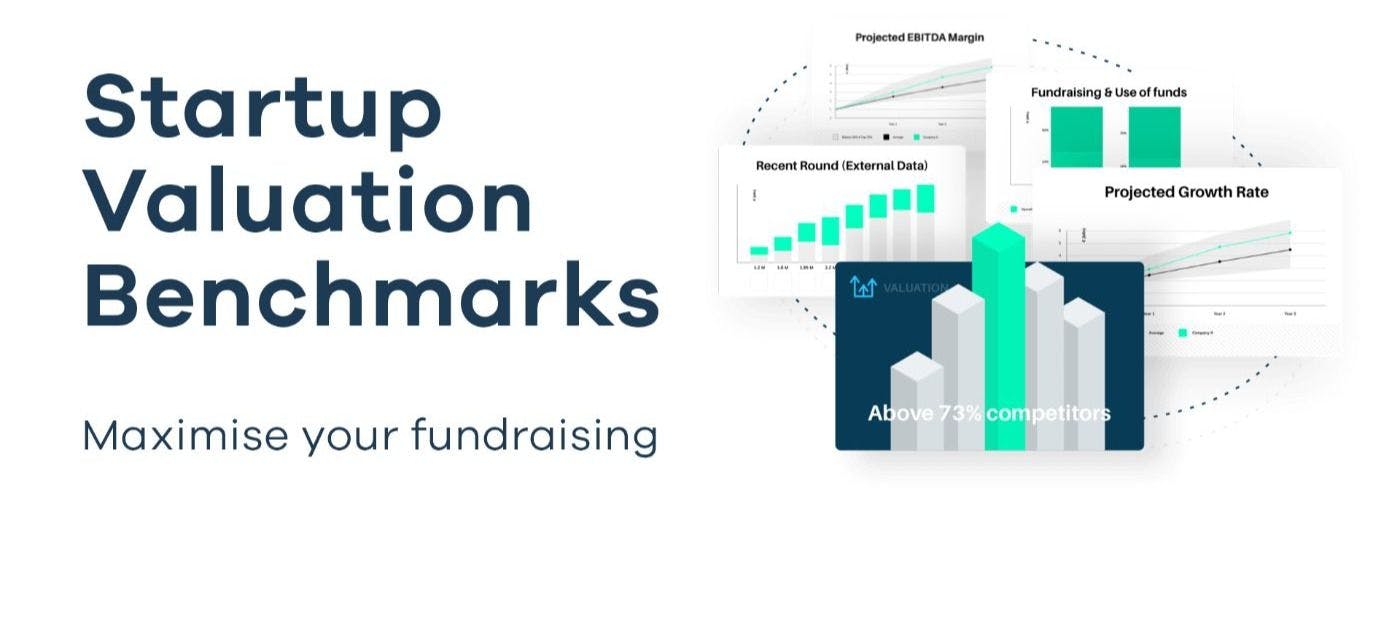The early-stage venture market serves as a critical catalyst for innovation and economic growth. However, despite its importance, this market has long been characterized by information asymmetry, where investors possess more knowledge and bargaining power than entrepreneurs.
Startups face hurdles in securing fair valuations, as negotiation power often tilts toward the investor. Moreover, entrepreneurs struggle to present their vision in the context of wider industry standards due to the lack of accessible data, impeding their ability to attract capital and make informed decisions.
Over the past two years, we’ve seen valuations scream to
The need to address this vulnerability is clear, and the foundation of this change has to be greater transparency on deal terms and market activity.
The Value of Transparency:
Transparency is almost always an objective worth pursuing, though there are a number of very specific ways in which it would benefit the early-stage fundraising market:
-
Enabling Informed Decision-Making: Access to accurate and comprehensive data on revenue growth and valuation benchmarks empowers entrepreneurs to make data-driven decisions. Startups can evaluate their performance objectively, identify areas for improvement, and strategize accordingly. Investors, armed with reliable data, can make more informed investment decisions and allocate resources effectively, enhancing the overall efficiency of the early-stage venture market.
-
Leveling the Playing Field: Data transparency promotes fairness by reducing information asymmetry. Entrepreneurs and investors can enter negotiations armed with reliable benchmarks, creating a more equitable environment for deal structuring. Fair valuations are crucial for startups to attract the right capital, preserve founder equity, and foster a healthier investment ecosystem.
-
Encouraging Risk-Taking and Innovation: Transparent data empowers entrepreneurs to demonstrate the potential of their ventures. Startups can showcase their growth trajectory and milestones, highlighting their value proposition to investors. This not only enhances their chances of securing funding but also promotes a culture of risk-taking and innovation. Greater transparency fosters investor confidence, as they can assess a startup's potential in a more objective manner, stimulating greater investments in groundbreaking ideas.
Building a Transparent Early-Stage Venture Market:
Greater visibility on valuation and market data for startup investment is a vital step toward establishing a fairer and more effective fundraising ecosystem. For these reasons, we developed Equidam’s
https://www.youtube.com/watch?v=yStVbOu9Ze8&ab_channel=Equidam&embedable=true
Daniel Faloppa, Equidam CEO, walks you through the Valuation Delta™
Through these benchmarks, founders can - for the first time - get a view of how their company compares to their peers across a number of metrics including valuation, round size, projected revenue growth, and EBITDA margin. By providing a more complete picture of the startup, investors and founders can more easily align on their vision for the future, and set deal terms that work for all sides.
Transparency Leads to Fairness:
Greater data transparency in early-stage investment has the potential to revolutionize how we fund innovation. By providing entrepreneurs with reliable benchmarks on revenue growth and valuations, startups can make informed decisions, attract fair investments, and face less uncertainty around future fundraising. Simultaneously, investors benefit from enhanced visibility, promoting a more efficient allocation of capital to companies that are truly innovative.
Through standardized reporting, open methodology, and investor education, we can establish a fairer and more innovation-friendly early-stage venture market that propels economic growth and nurtures the next generation of groundbreaking startups.


